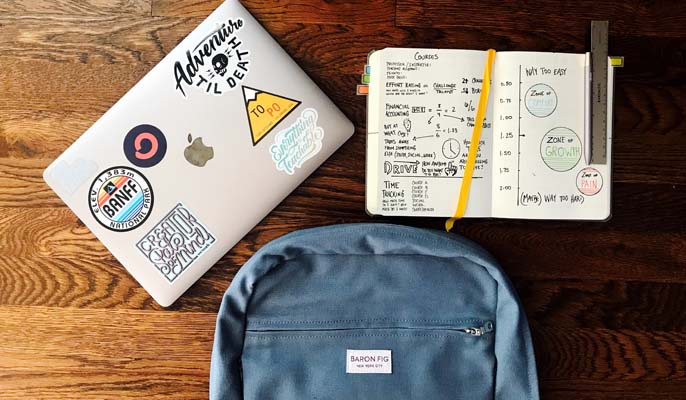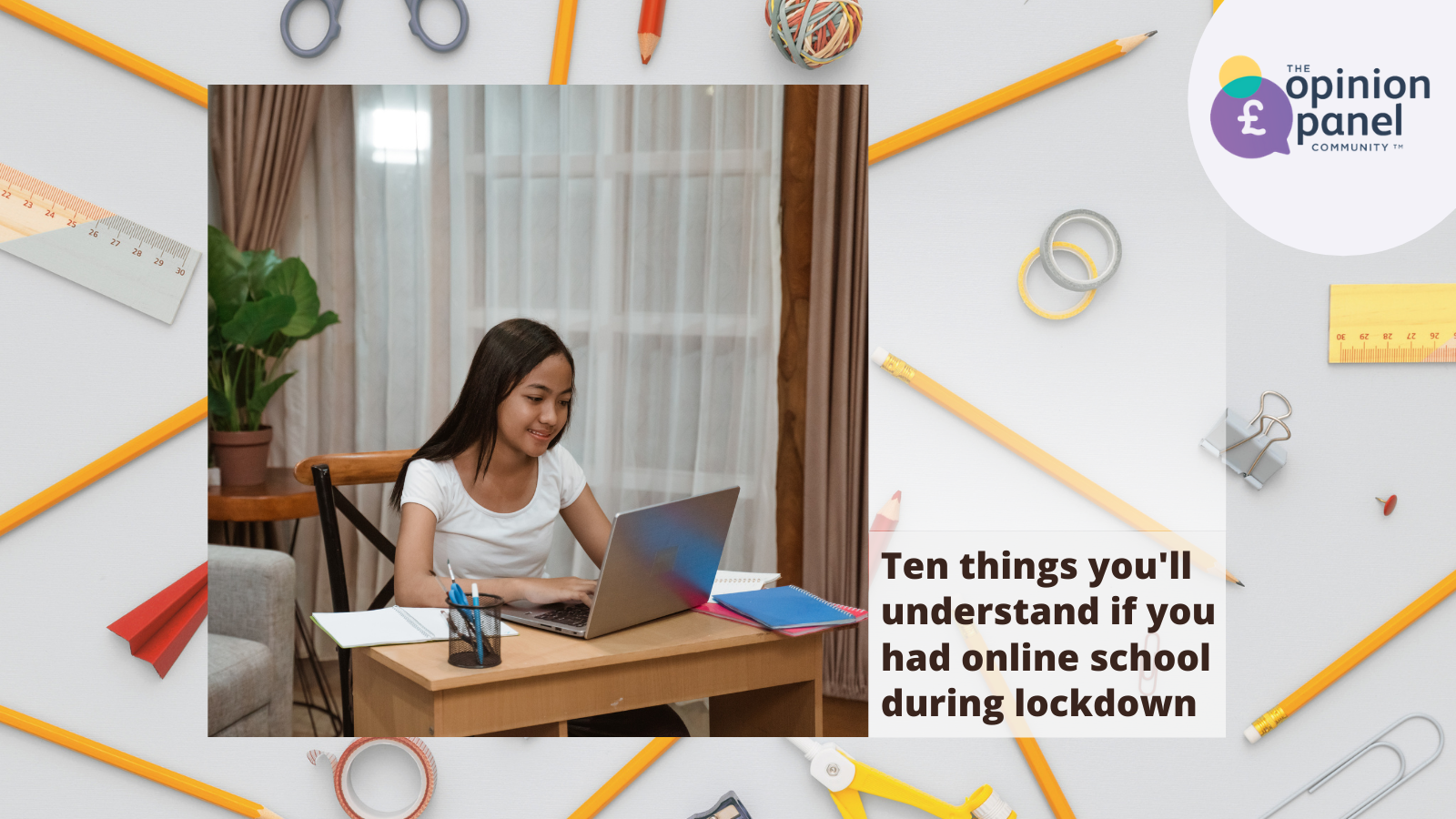
This post is dedicated to helping students complete their studies at home. I was home-schooled for 4 years, so I believe that I can provide valuable tips and methods to facilitate the awkward transition.
I’m currently writing an eBook about studying at home for people of all ages, so these basic principles should be easy to follow for everyone!
Use a Study Plan
Study plans come in all shapes and sizes, but they all allow users to structure their work weeks and keep themselves accountable. The best way to make a study plan is to draw up a schedule for a normal week, blocking out a few hours each day for specific tasks.
For example, on Monday, you could dedicate 2 hours in the morning for one subject and 2 hours in the afternoon for another. however, make sure your study blocks are flexible, in case a certain subject or task takes you longer than expected.
It can also be beneficial to follow a program of study; one should be provided by your tutors, or you could refer the syllabus as well.
Find a Study Space
A good study space can be on your desk or in any quiet place in your home, but make sure it’s not your bed, because speaking from personal experience, that’s never a good idea!
Make sure your space has everything you need to avoid getting up each time you need something, and that no one will come to distract you while you work.
Beat Procrastination & Stay Focused
It’s totally natural to get distracted when studying; our brains are constantly busy, which is why it’s essential to have a plan or at least a to-do list so that your brain won’t keep changing what’s at the forefront of your mind. However, there are several other ways to minimise distraction and remain focused:
- Make sure your phone is not near you. If it is, block all social media apps and notifications during study hours.
- Find your prime time (the time of day in which you have the most energy and productivity). After tracking my energy levels for 3 days, I noticed I had the most mental energy early in the morning, while I had an afternoon dip every day. To take advantage of my high energy levels, I scheduled heavy tasks, like studying history chapters, in the morning and lighter tasks, such as Literature reading, in the afternoon.
- Try the Pomodoro technique to set the pace of your work and get you into study mode. Set a timer for 25-30 mins and start on a task; you’ll find that you won’t want to break the study streak during the timed period, because the hardest part of working is getting started.
- Remember to rest. This will ensure that you won’t wear yourself out. I see willpower as a muscle which you need to work to strengthen, but like any muscle, it also needs its rest time. Try taking 15 minutes to rest between every hour of study.
- Break tasks up: if you have an essay to write, it might seem like a mountain to climb at first, but if you break it down into stages such as making a plan, research and starting an intro etc., it will make the whole process seem much easier to accomplish.
Find a Study Partner
If you have friends or classmates in the same situation, connect with them and become accountability partners for one another. Studying at home becomes much easier when you know you’re not doing it alone. If you have to stay apart, why not use social media to log your study hours together? You could even open an online call while you work to chat as if you’re both at the library together!
In a home-study scenario, you are more accountable for your studies and progress, so it may feel stressful, but remember that it’s not impossible to accomplish.
You can do this!
The author of this article, Loren Madnack, also has an eBook available with tips and advice on how you can study more effectively. Check it out here.









I think…this is a beautiful piece of article
I think…You’re advice is amazing and I’ll definitely try out that Pomodoro technique! Thanks a bunch.
I think… this is invaluable information for those struggling to work from home.
I think…this will help students pass their exams
I think that this article very interesting and makes push to you so I can start to work
I think… This is an amazing article and indeed very helpful but most of all it’s straight forward and easy to put into practice. Good job!
I never heard of the Pomodoro technique so I’ll definitely try it out! Really helpful article.
this is the advice that i need to see in college
It’s hard for me to focus on my tasks and think over it. I always try to stop my procrastinating but my emotions win my brain)
Thank you for these tips I found them very helpful as normally I forget to take a break and usually feel like the work is never ending
I agree with your article. Especially about phones. Phone really don’t help to be focused. And I like idea about planning. I think it’s really useful and help to stay focused on work. Nice article
For me the most difficult is to be focusing on studying while u staying at home.
I think that it’s right way to use POMODORO,cuz when u use it, u don’t try to check time on your phone to understand how long u should study. And for sure, have a rest it’s very important. Bcz when u re tired,u can’t be concentrated enough.
I think that it’s hard to work from home but if you follow the steps above you will soon be on your way to success!
Make notes on what you are learning at school and maby do some flash cards and a poster.